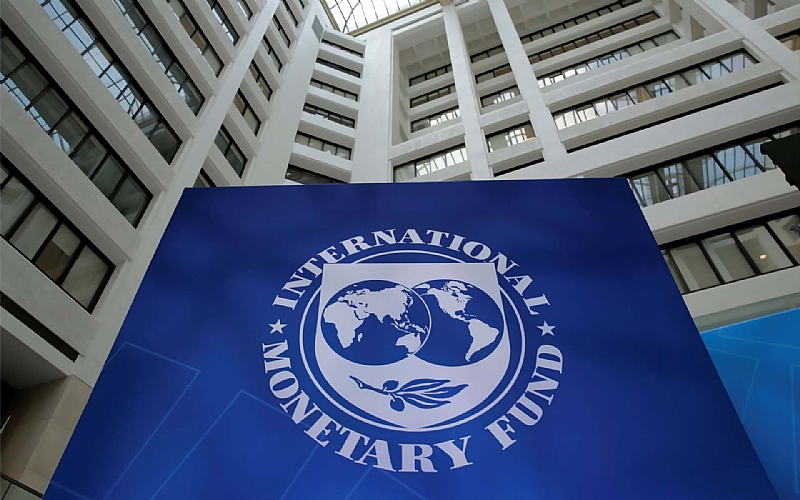
[ad_1]
Despite Ghana’s gradual recovery from COVID-19 shocks, the economy still faces significant uncertainty, including new waves of covid-19 and risks associated with large financing needs and growing public debt.
This is reflected in the final statement of the Executive Board of the International Monetary Fund following the conclusion of the Article IV consultations with Ghana.
According to the IMF, its assessment is based on the new wave of COVID-19, the increase in outstanding debt and the government’s significant financing needs.
“Ghana has been hit hard by the COVID-19 pandemic. The government’s response has helped contain the pandemic and support the economy, but at the cost of a record budget deficit. The economic outlook is improving, although risks remain, especially given the evolving pandemic and increasing debt vulnerability, ”the IMF Executive Board consultation said under the article. IV with Ghana.
On debt, the Bretton Woods institution noted that while the risks to the country’s ability to repay its debt have increased, they are believed to be still manageable and Ghana’s ability to repay the fund remains adequate. .
Directors welcomed the fiscal adjustment envisioned in the 2021 budget.
They stressed, however, that fiscal consolidation is needed to address debt sustainability and refinancing risks, as Ghana continues to be rated at high risk of debt distress.
“An economic recovery is underway. Growth is expected to rebound to 4.7% in 2021, supported by a strong cocoa season and mining and services activity, and inflation remaining within the Bank of Ghana’s target. The current account deficit is expected to improve to 2.2% of gross domestic product, supported by a recovery in oil prices, and gross international reserves are expected to remain stable. ”
“The 2021 budget projects a budget deficit of 13.9% of GDP in 2021, including energy and financial sector costs, and a gradual medium-term fiscal adjustment that would support a decline in public debt from 2024. However, , this prospect is subject to significant uncertainty, in particular due to the new pandemic waves and the risks associated with significant financing needs and the increase in public debt, ”the press release added.
While commending the Ghanaian authorities for their proactive response to the COVID-19 pandemic, which has mitigated its economic impact, administrators noted that while there are encouraging signs of economic recovery, it remains uneven across sectors. .
According to IMF directors, it is important that the authorities limit monetary financing of the country’s deficit.
They noted that financial sector consolidation has made the sector more resilient, but noted that banks’ growing holdings of sovereign debt create risk and crowd out private sector credit.
Directors finally stressed that the authorities’ structural transformation and digitization programs are essential to support the recovery.
They noted that structural transformation can be complemented by the ongoing review of the energy sector, tourism diversification and digital transition, which have the potential to reduce corruption, increase tax revenue and improve service delivery.
—Press room
Source link